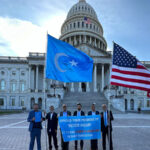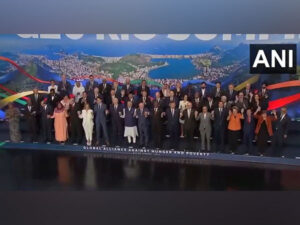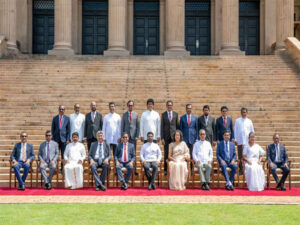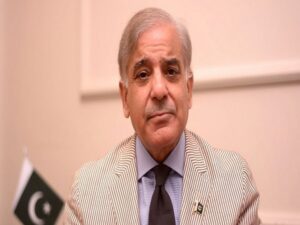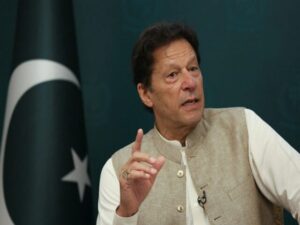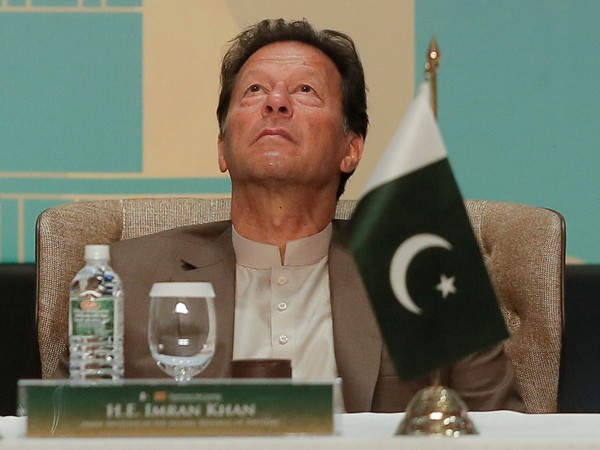
Pakistan's Prime Minister Imran Khan Khan looks on at the Trade and Investments conference during his two-day visit in Colombo, Sri Lanka February 24, 2021. REUTERS/Dinuka Liyanawatte - RC2WYL9E3YQ3
Islamabad [Pakistan], February 15 (ANI): The financial challenges of the Imran Khan government are mounting with cash-strapped Pakistan asked to payback to USD 3 billion loan that it took from Saudi Arabia within a year with four per cent interest on the loan each quarter.
The development underlines tensions between Riyadh and Islamabad that began two years ago and continues to persist, according to a media report.
Saudi Arabia had in October 2021 agreed to revive its financial support to Pakistan, including about USD 3 billion in safe deposits and USD 1.2bn to USD 1.5bn worth of oil supplies on deferred payments. This was expected to help Pakistan convince the International Monetary Fund (IMF) about its financing plan. Its representatives asked Islamabad last week to “do more” on economic reforms, and go beyond merely hiking the taxes, reported The Times of Israel.
A tax hike in Pakistan has drew public criticism and the fresh financial challenges come when it is unclear that Beijing did concede to an urgent USD three billion loan during the recent visit of the Pakistan Prime Minister Imran Khan.
Pakistan‘s Finance Minister Shaukat Tarin defended the interest rate on the Saudi loan stressing that interest rates are rising across the world. The four per cent interest rate for the Saudi loan is not something bad, said Tarin.
There was no scope for deferred payment on either count. Had there been any, it would have been mentioned in the original loan agreement, the minister said. The Saudi demand indicates that the deterioration in bilateral ties started over two years back persists. Saudi Interior Minister was in Islamabad just three days back, when he was received, not just by his counterpart, but also by Prime Minister Imran Khan and President Alvi. All these leaders praised the Saudi support in superlative terms and that the Gulf partner was “an indispensable partner”, according to The Times of Israel.
The development also underlined that last year’s visit by Saudi Crown Prince Mohammed bin Salman when he was accorded a red-carpet welcome, did not help in reducing tensions that began with Foreign Minister Shah Mahmood Qureshi demanding that Riyadh convene an OIC meet to discuss the Kashmir dispute with India. Qureshi had alluded to Saudi and other Gulf nations being ‘silent’ on the issue because they valued the growing economic ties with New Delhi more.
The move had angered the Saudis and the UAE, both of which sought back loans given to Pakistan for a longer period and also rolled back the concessional sale of fuel on deferred payment. The two Gulf nations have been irritated with Pakistan over the latter’s moves to get closer to Turkey, their rival in Islamic nations’ politics, reported The Times of Israel.
Saudi and the UAE have also not taken kindly to repeated accusations by Khan and his ministers that the Gulf nations were ‘diluting’ the stand of the Islamic Ummah on the Kashmir issue to gain from the large Indian energy requirement. Therefore, Pakistan‘s continuous step to play the Kashmir card in the Islamic countries, particularly the Gulf nations have thus been counterproductive for Pakistan, according to The Times of Israel. (ANI)




